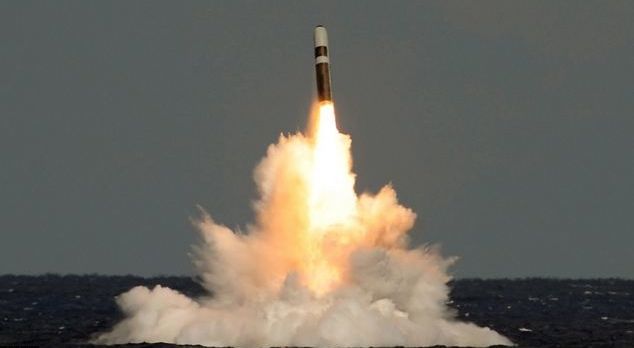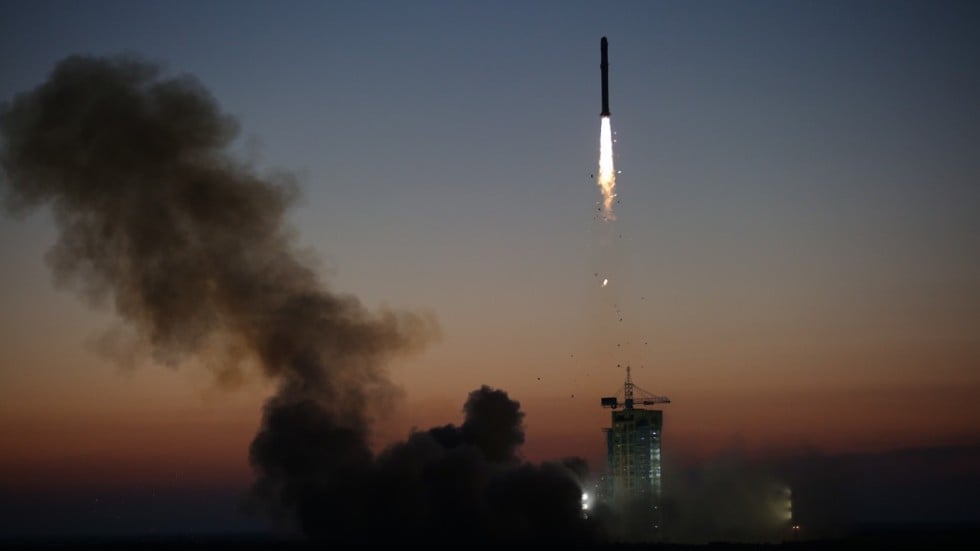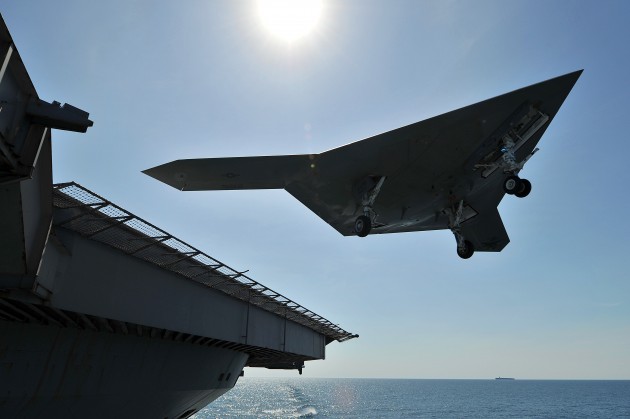By COLIN CLARK and SYDNEY J. FREEDBERG JR.on February 02, 2018 a
PENTAGON: The United States government sees a fundamentally more threatening world today, one that requires a more nuanced balance of delivery systems than we’ve deployed since the end of the Cold War.
That’s really the change that has driven the results of the Trump Administration’s Nuclear Posture Review, officially released today.
Careful transparency continues to underpin the US crafting of nuclear policy. In fact, the State Department briefed the Russians and Chinese on the NPR today, according to Acting Assistant Secretary of State Anita Friedt, who briefed the press here this afternoon. Actually, she told a somewhat skeptical press corps, “we talked to the Russians a lot.”
Perhaps the most intriguing tidbit we got from this afternoon’s official unveiling of the NPR was the persistent use of the term “automaticity” by John Rood, undersecretary of Defense for policy.“There is no automaticity to this policy,” Rood replied when asked how the US would manage its response to “extreme circumstances,” the undefined occurrences that the NPR says could drive the United States to use nuclear weapons.
The NPR states: “the United States would only consider the use of nuclear weapons in extreme circumstances to defend the vital interests of the United States, its allies and partners.”
To better manage the ongoing modernization of the Russian and Chinese nuclear arsenals, as well as the proliferation of nuclear weapons to North Korea and other states, the US, Rood said, needs a more flexible set of deterrents. The development of a low-yield submarine-launched nuclear cruise missile would help.
“I view this as a prudent reaction to Russian ‘escalate to de-escalate’ doctrine,” said Bob Work, formerly deputy defense secretary under both Obama and Trump, in an email. “If the Russians employ a small yield nuke for coercive action, and the only responses we can provide the President are large-yield options, that is not a good place to be. We want to be able to respond proportionately, to signal our resolve without undue escalation.”
“Also, as I understand it, these will be delivered by SLBM (Submarine-Launched Ballistic Missiles), which have a higher probability of penetration than other means,” Work said. Submarine-launched weapons give the adversary less warning time than aircraft or IBCMs launched from the U.S., which makes them more worrying as potential first-strike weapons but also means missile defenses have less time and space to shoot them down.















